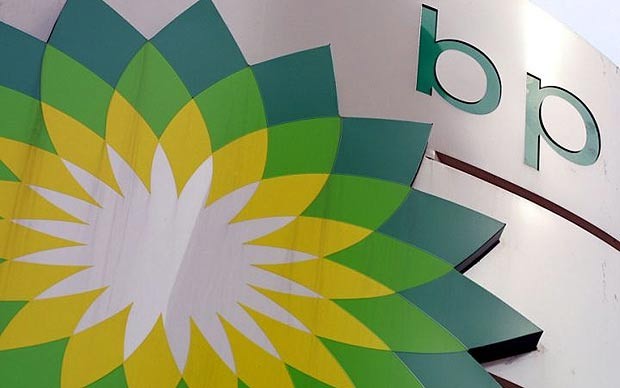Will it pay to invest in Russia now shares have plummeted
Post on: 16 Июнь, 2015 No Comment

The investment director of Britain’s biggest fund broker, Hargreaves Lansdown, has put his personal cash into Russian stocks following the collapse in share prices earlier this week – but warns that it’s a high-risk strategy.
The onset of the Crimea crisis sent share prices in big Russian companies – already weak – into freefall earlier this week. Aeroflot, the national carrier, slumped from 78 to 60 rubles on the Moscow stock exchange, meaning it is now worth just one-tenth of Ryanair. Gazprom, the giant gas company which boasted in 2007 it would soon be worth $1 trillion, fell from 146 to 125 rubles, valuing the business at just $83bn, or only a third of the market value of Shell.
The plunge has prompted Mark Dampier, head of investment at Hargreaves Lansdown, to put more of his own cash into Neptune’s Russia and Greater Russia fund. Over the past year, investors have lost a quarter of their money, and over three years the figures are even worse. But Dampier said on Tuesday: I put more money in yesterday. The market was down 10% or so, and I just thought that it was looking unbelievably cheap.
That said, you obviously wouldn’t put too much into it, and although I usually advise investors to hold funds for the long term, with single country funds it’s different. If you double your money in a year, cash in and go.
There are three main Russia funds open to small investors: the 300m Neptune fund, the 160m Jupiter Emerging Europe Opportunities fund – which is 60% invested in Russia – and the 245m JP Morgan Russian Securities. Performance on all of them has been miserable over the past year, losing investors around 20-25%. They are classic rollercoaster investment funds: in 2009 the JP Morgan investment trust went up by 142%, and then another 53% in 2010. But if you were tempted and invested in 2011, you’d still be losing money.
Stephanie Flanders, the former BBC economics correspondent who now works for JP Morgan, reckons Russia would be the biggest loser from a protracted stand-off with the West.
Its economy grew by just 1.3% last year, slower than Britain and miserable for an emerging market. But sweeping economic and financial sanctions are unlikely, she says, and after falling so far stocks could be regarded as decent value. At current valuations, investors would not have to take a very optimistic view on Russia’s future to see some potential upside in Russian assets once the crisis has abated.
On the standard measures used to value shares, the Russian market is cheap. The price/earnings ratio, which divides the market value of a company by its net profits, is just below five for Russian companies on average, compared to the current p/e of 14-15 on companies listed on the FTSE.
But Jason Hollands of financial advisers BestInvest.co.uk says: We think single country emerging market funds are way too risky for the vast majority of investors, so have few clients in them. While Russian equities have looked tantalisingly cheap for some time, this reflects the inherent risks … Putin’s current show of military strength and gun-boat diplomacy has simply highlighted the weakness of Russia as a place where many overseas investors will feel comfortable about deploying their capital.
There is, of course, the old Rothschild maxim: ‘Buy on the sound of cannons, sell on the sound of trumpets,’ or as [Warren] Buffett puts it: ‘Be fearful when others are greedy, and greedy when others are fearful.’ But most of us are not super-wealthy investment geniuses who can afford to risk cash in situations like this.














